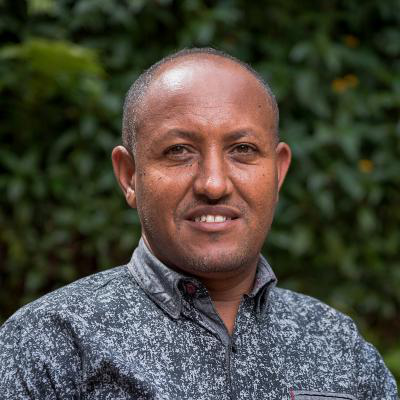Description
Widespread soil degradation observed on agricultural lands in Kenya has resulted from conventional farming methods and inadequate soil health improvement practices. Traditional approaches to farming have helped increase vulnerability to climate change impacts, affected soil resilience, exacerbated challenges, and resulted in the decline in crop productivity currently facing Kenyan farmers. AGRA and its implementing partners have initiated efforts to remedy these problems through Regenerative Agriculture (RA) practices in four counties in Kenya. These practices include ripping, zai-pits, planting basins, mulching, farmyard manure application, crop rotation, intercropping, agroforestry and microdosing. However, an absence of comprehensive and localized data on the impacts RA has on soil health and crop productivity hinders evidence-based decision making for both farmers and policymakers.
This project aims to fill the knowledge gap by generating comprehensive evidence on the impacts of RA on: (i) soil health; (ii) agronomic gain; and (iii) landscape-level and policy benefits. Ultimately, the goals of this assignment are to provide appropriately packaged information to empower farmers and policymakers with evidence-based insights; foster informed decision making for the long-term sustainability of agriculture in Kenya; and provide a case study for replication in other African countries.
Contact us























